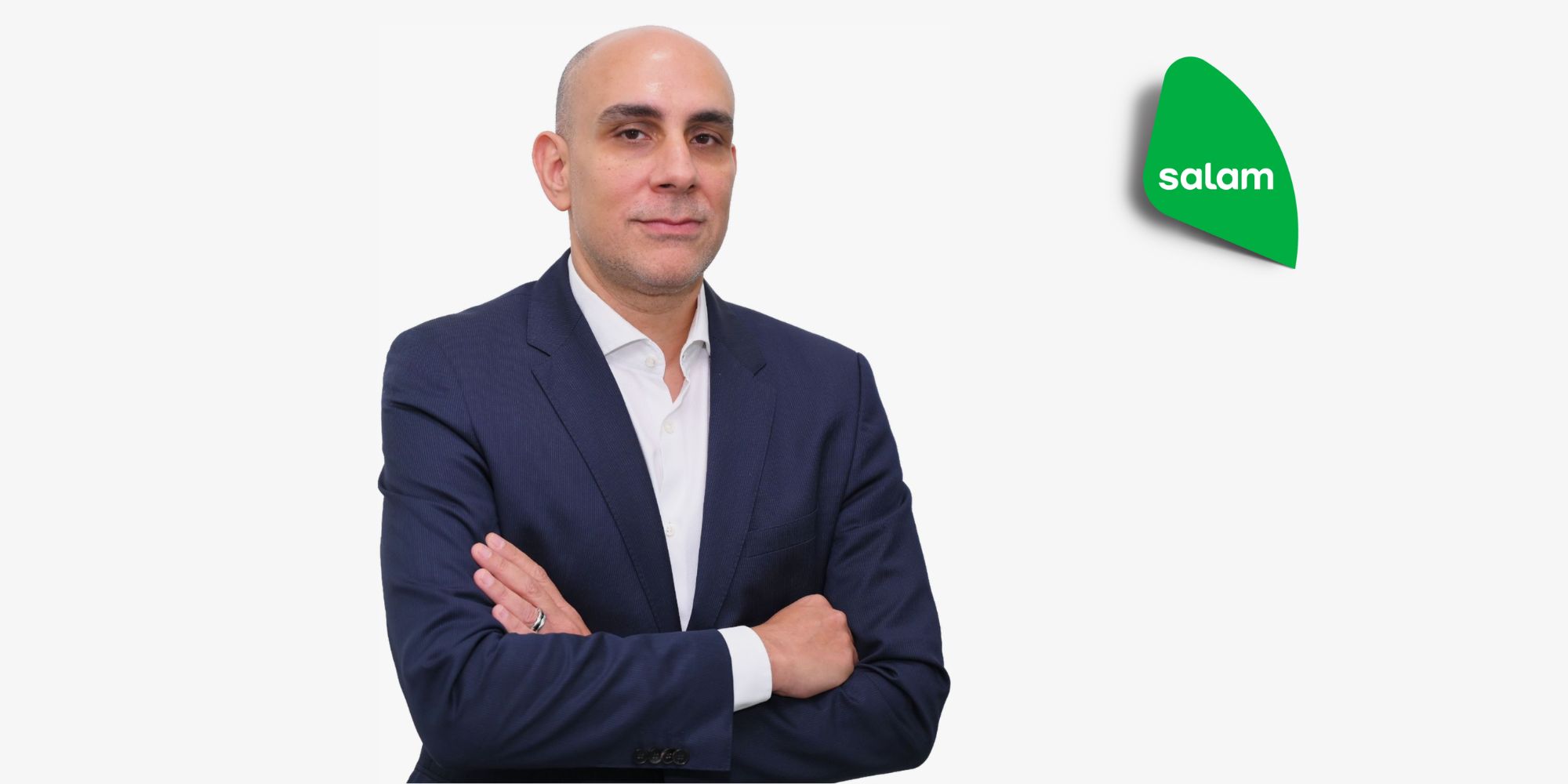Loyalty isn’t about connectivity; it’s about the spaces where life happens.
By Amr M. Eldesouky, Chief Consumer Officer, Etihad Salam Telecom Company
Saudi Arabia’s mobile-first generation is redefining expectations. With 63% of the population under 30 and an average screen time exceeding seven hours per day, digital engagement isn’t just a habit; it’s a way of life. This generation doesn’t see connectivity as a standalone utility but rather an integral part of a broader digital ecosystem. If financial transactions are frictionless, if gaming is built for low latency, if entertainment extends beyond passive streaming to immersive, interactive spaces, then telecom should be just as seamless.
With 99% internet penetration and 98.9% of all internet access occurring via mobile, Saudi Arabia is considered hyper-connected; however, this access alone is no longer enough. Consumers expect their digital experiences to move with them, adapt to their habits, and enhance the way they work, socialize, and unwind. They want a network that understands where they are, what they need, and how they live.
The opportunity for telcos isn’t in selling more data; it’s in creating experiences that feel essential to users’ lives.
The future of telecom in Saudi Arabia won’t be defined by those who have the strongest network or signal, but rather by those who build the strongest relationships and connections.
From passive buyers to active advocates, “stickiness” starts here. Winning the telco game isn’t just about selling data; it’s about creating an ecosystem that keeps customers engaged. Telcos must rethink traditional strategies and focus on micro-targeting, value reinforcement loops, and omnichannel stickiness, blending digital, physical, and social experiences in ways that feel personal.

Personalization needs to go further. Saudi Arabia’s mobile users aren’t operating in a single user silo. A mother managing household responsibilities doesn’t have the same data needs as a content creator streaming in high definition (HD). A student gaming late at night requires different connectivity than a business executive traveling across the region. Even seasonality plays a role as usage patterns shift during the cooler months when people spend more time outdoors. In contrast, during the scorching summers, streaming, online shopping, and social engagement surges indoors. A one-size-fits-all model no longer works. Telcos must move beyond static plans and embrace hyper-personalization, offering adaptable services that evolve with user behaviour rather than dictating it. This goes beyond connectivity—it encompasses enriching digital experiences, ensuring seamless transactions, and integrating fintech solutions that enable smarter, frictionless interactions across services. Loyalty isn’t about contracts or locked-in plans; it’s about making customers want to stay. It’s about meeting them in their third place, whether it be in cafés, in gaming hubs, at social events, or in workspaces where digital and real-world interactions merge. Instead of simply providing coverage, telcos need to become embedded in these spaces, shaping how users experience the world around them.
A bespoke, differentiated approach is the only way forward. Telcos in Saudi Arabia can no longer operate on legacy models that treat connectivity as a commodity.
Consumers today aren’t simply choosing between networks; they’re choosing between experiences.
Consumers expect telecom providers to be as dynamic as the platforms they engage with, offering seamless integration with the spaces they move through, the services they rely on, and the interactions that define their day. Retention isn’t about price or signal strength; it’s about creating relevance in the moments that matter.
The telecom industry has always been built around access, but access alone is no longer enough. Consumers don’t want to think about switching plans, data caps, or roaming fees. They want a network that understands them and shifts when they do—whether it be adjusting to seasonal usage patterns, recognizing their need for more flexibility, or integrating into their daily environments. The telcos that succeed will be the ones that stop thinking in terms of transactions and start thinking in terms of presence.










